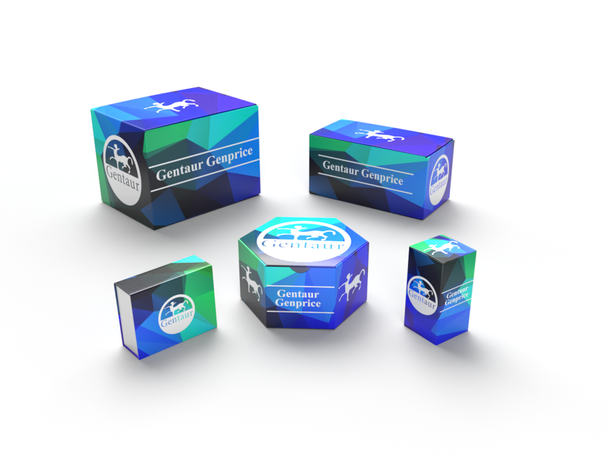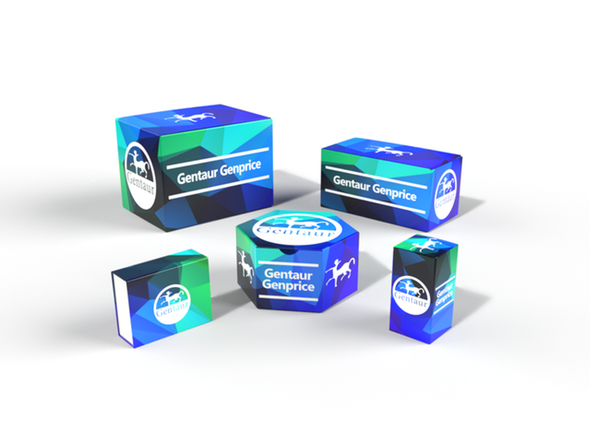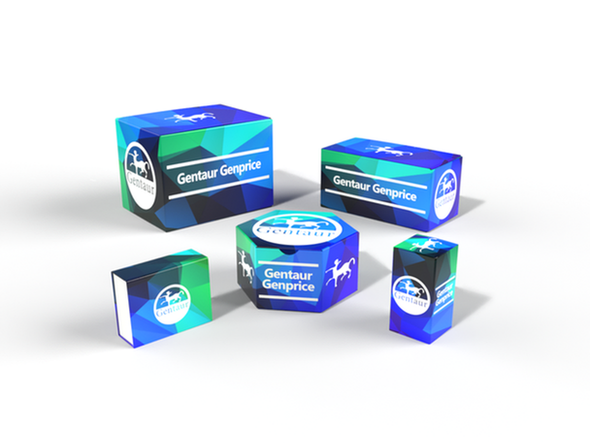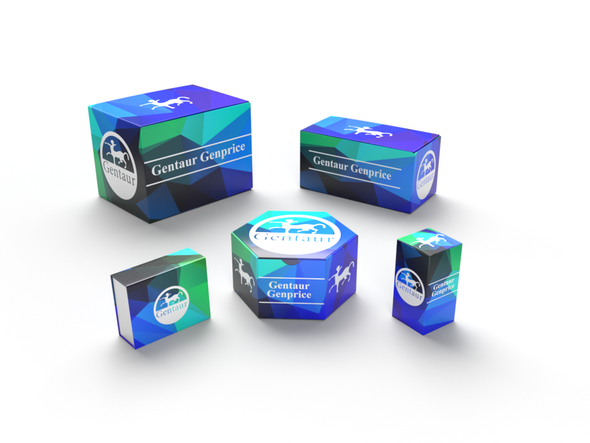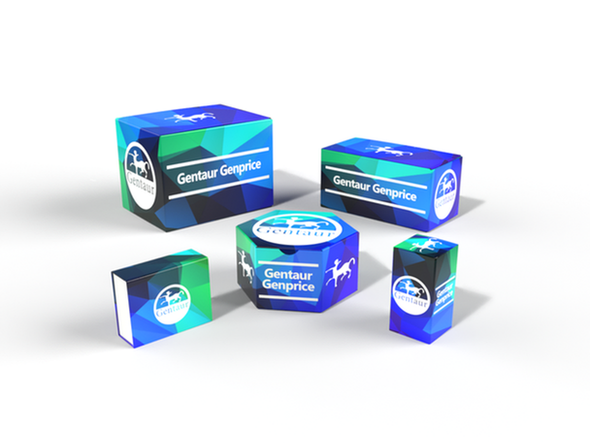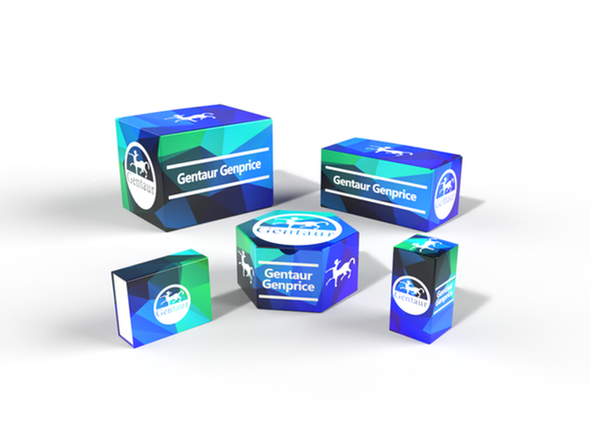Description
Rabbit Anti-Human TGF-beta3 Antibody | 102-P50 | Gentaur UK, US & Europe Distribution
Species: Anti-Human
Host / biotech: Rabbit
Comment: N/A
Label: N/A
Clone / Antibody feature: Rabbit IgG
Subcategory: Polyclonal Antibody
Category: Antibody
Synonyms: TGFB3; ARVD; TGF-beta3
Isotype: N/A
Application: WB, N
Detection Range: Western Blot: To detect Human TGF-beta 3 by Western Blot analysis this antibody can be used at a concentration of 0.1-0.2 μg/ml. When used in conjunction with compatible secondary reagents, the detection limit for Recombinant Human TGF-beta 3 is 1.5-3.0 ng/lane, under either reducing or non-reducing conditions. Neutralization: To yield one-half maximal inhibition [ND50] of the biological activity of human TGF-beta 1 (0.25 ng/ml), a concentration of 0.14-0.21 µg/ml of this antibody is required.
Species Reactivity/Cross reactivity: Human
Antigen: Recombinant Human TGF-β3 (E.coli derived)
Description: The three mammalian isoforms of TGF-β, TGF-β1, β2, β3, signal through the same receptor and elicit similar biological responses. They are multifunctional cytokines that regulate cell proliferation, growth, differentiation and motility as well as synthesis and deposition of the extracellular matrix. They are involved in various physiological processes including embryogenesis, tissue remodeling and wound healing. They are secreted predominantly as latent complexes which are stored at the cell surface and in the extracellular matrix. The release of biologically active TGF-β isoform from a latent complex involves proteolytic processing of the complex and /or induction of conformational changes by proteins such as thrombospondin-1. The physiological role of TGF-β3 is still unknown but its expression pattern suggests a role in the regulation of certain development processes. Recombinant human TGF-β3 is a 25.0 kDa protein composed of two identical 112 amino acid polypeptide chains linked by a single disulfide bond.
Purity Confirmation: N/A
Endotoxin: N/A
Formulation: lyophilized from PBS
Storage Handling Stability: The lyophilized antibody is stable for at least 2 years from date of receipt at -20°C. The reconstituted antibody is stable for at least two weeks at 2-8°C. Frozen aliquots are stable for at least 6 months when stored at -20°C.
Reconstituation: Centrifuge vial prior to opening. Reconstitute in sterile water to a concentration of 0.1-1.0 mg/ml.
Molecular Weight: N/A
Lenght (aa): N/A
Protein Sequence: N/A
NCBI Gene ID: 7043

